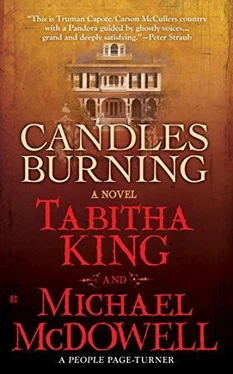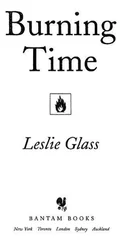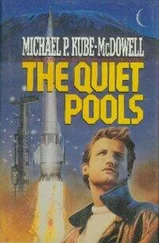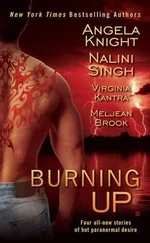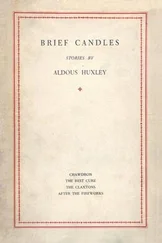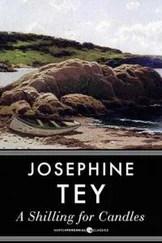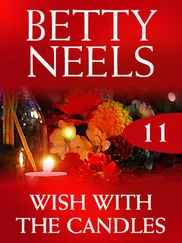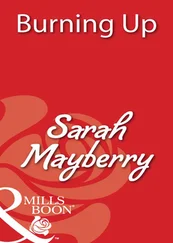I never knew Cyrus or Burmah Moses Dakin or Daddy’s brother Tommy Cane Dakin, who died of whooping cough when he was four, or his other dead brother, Timmy Cane Dakin, who died in his late twenties from a mule kick in the head—not before he had a chance to leave a widow and four boys under the age of seven.
Daddy was the youngest. He started out with nothing, and as little education as rural Alabama could in those days provide. Daddy had a knack for fixing cars. From his early teens, he would have six or seven broke-down Model T’s or baling-wired farm trucks in the yard of his widowed mama’s dogtrot. He scrounged parts from junkyards and cannibalized hopeless wrecks. Nobody in rural Alabama had much by way of currency or coin in the middle of the Depression, so the owners of the rattletraps he put back on the road paid him as often in barter—a chicken, a sack of sweet potatoes, a ham, a bundle of firewood—as cash. The quarters and fifty-cent pieces and dollars came sweaty and slow, but once won, they did not escape his grasp.
An automobile dealer from Montgomery, Mr. Horace H. Fancy, heard of him and offered him a job as a mechanic. With Burmah Moses Dakin recently gone to Glory, Daddy did not have any reason to stick where he was. Mr. Fancy discovered that Daddy was more than a natural-born grease monkey. Joe Cane Dakin was a natural-born salesman too—and as honest as an August noon in Alabama is hot. People liked him. They came away feeling that for once they were not being cheated. Mr. Fancy realized that he had found the man for whom he had been looking, the very one to take over his business so he could retire. Mr. Fancy taught Daddy the automobile business.
And not just the business. Mr. Fancy saw to it that Daddy got a library card and educated himself. Mr. Fancy’s wife was dead but he had a widowed sister, Miz Lulu Taylor, keeping house for him, and she took it on herself to teach Daddy proper manners and diction and everything else that he needed to pass for a country gentleman. Mama liked to tease Daddy that Miz Lulu must have been sweet on him but Daddy said she was just an old retired schoolteacher who missed the schoolroom.
In a very few years, Daddy bought Mr. Fancy’s dealership and made it the biggest Ford dealership in Alabama. It was so successful Henry Ford II called up personally from Detroit one day and asked Daddy to establish a dealership in Birmingham because nobody there seemed to know how to sell Fords right. So Daddy went and did it. By the time he was thirty-two—a decade before he married Mama—Daddy owned three dealerships—in Birmingham, in Montgomery, and in Mobile—and was worth three million dollars and change.
A mild bout of polio in the summer of 1939 left Daddy with a slow stiff walk and a weak left arm. He had no choice but to fight the war at home. When the National Guard got federalized, Alabama organized itself a State Guard as a substitute. Daddy joined it, along with all the old men and boys and lame and halt fellows the military wouldn’t take. They were supposed to protect Alabama from being invaded by the enemy that actually was bold enough to blow up shipping in the Gulf of Mexico. Daddy sat on the State Defense Board that coordinated all the civil defense activities. He did his turn as an ordinary warden too. When the war came to a close and the factories shifted back to domestic consumption, Daddy started making money again, hand over fist.
Mama and Daddy met right after the war, in Boyer’s Drugstore in Mama’s hometown, Tallassee, not far from Montgomery. Daddy was buying a pack of Wrigley’s gum, to be polite, while checking on whether Mr. Boyer was still thinking about trading his old Ford for a new one. Mama went into Boyer’s to buy a lipstick she didn’t need. Mama knew who Daddy was. He didn’t know her, but it wasn’t ten minutes before she had him assuring her that that shade of lipstick was just right on her. She always made it seem like once she uncapped that new lipstick, he never had a chance.
As he built his businesses, Daddy put his brothers to work in them.
Uncle Jimmy Cane Dakin worked for Daddy in Birmingham, Uncles Lonny Cane and Dickie Cane worked for Daddy in Mobile, and Uncle Billy Cane and his wife, Aunt Jude, worked for Daddy in Montgomery.
Mama declined to have anything much to do with his side of the family. He tolerated her ignoring the Dakins but snuck me out to see his people. If he ever took my brother, Ford, to see them, he had stopped doing it by the time I came along.
I liked Billy Cane best, mostly because Uncle Billy and Aunt Jude doted on me. Being Dakins, they had nothing but a pack of boys. Aunt Jude was one of a flock of girls who all had girl children of their own and she missed not having a girl child for herself. I was special to them also on account of my being the first female Dakin child in memory. I reckon too that it didn’t trouble them any to aggravate Mama and her mama, whom Ford and I were taught to call Mamadee. I doubt that my Dakin relations minded making a few dead Carrolls groan in their graves.
In photographs now, Daddy seems unfamiliar to me, someone I recognize not because I ever knew him but because, in looking for him, I have studied those photographs so intently. A man of middling size and height, his blond, thinning hair slicked back with Brylcreem, his light eyes, guarded in his long-jawed, sunburned face, look back at me. His nose was large and aquiline and crooked, as if it had been broken. Probably it had, but he never got around to telling me how. His ears were large too, and narrowed his face between them like a single book between unnecessarily large bookends. I recall him wearing both suspenders and a belt. His voice, though, I have never forgotten: a country tenor, softened by his Alabama drawl. His favorite song was “You Are My Sunshine.” He said, “gone” for “going,” and left off the “to,” as we were all apt to do, though, of course, we were taught better.
Just as he never got around to telling me how his nose got broke, Daddy never had a chance to tell me why he married Mama.
I could speculate that he thought that he loved her. She was a young and beautiful woman and she wanted him to marry her. Between illness and the war and not being able to join up and fight in it, maybe he was looking to recover some of his fading youth and vigor. He may have begun to feel there should be more to life than money and the making of it. If he had not been a Dakin—if he had been born into a family like the Carrolls—he would have had a mama or a sister to look out for a suitable mate. But he was a sisterless Dakin and by the time he met Roberta Ann Carroll, Burmah Moses Dakin was long dead of poverty and overwork. If he had not married Mama, I wouldn’t ever have been born, nor would Ford. And Joe Cane Dakin would not have been murdered in New Orleans in 1958.
NATURALLY, Daddy drove anything he had a mind to drive, right off the lot. He put Mama in the model he wanted to promote in any given year. The sight of Mama behind the wheel might make a husband imagine that if he bought a car like that, his wife would maybe look a little like Mama. The wife might imagine herself looking a little more like Mama than she did.
At that time in her life, Mama was not only the best-looking woman in Alabama, she was Miz Joe Cane Dakin, and that meant she was rich. Her looks had earned her position; she deserved it. Being Miz Joe Cane Dakin and driving a Ford was as far as she was willing to go in the direction of working for a living.
In 1958 Daddy was promoting the Edsel, so Mama drove a four-door hardtop Edsel Citation, which had the big engine and wheelbase, a tri-tone gold-metallic, jonquil-yellow-jet-black paint job, gold upholstery with little flecks of metallic gold in it, and marshmallow-creme leather trim. Daddy knew the Edsel was an ungainly looking thing and Mama knew it too, but Daddy had his loyalty to the Ford Motor Company. The Ford Motor Company, he declared, paid the bills.
Читать дальше
